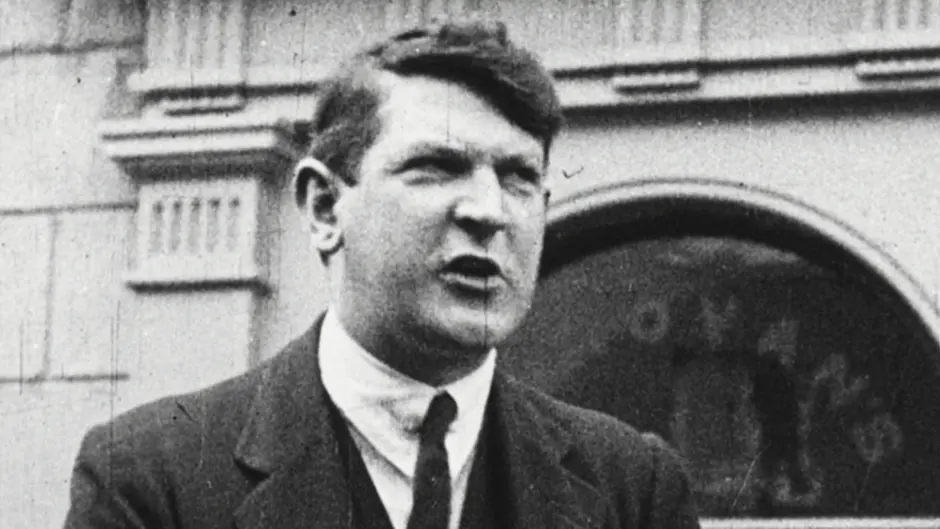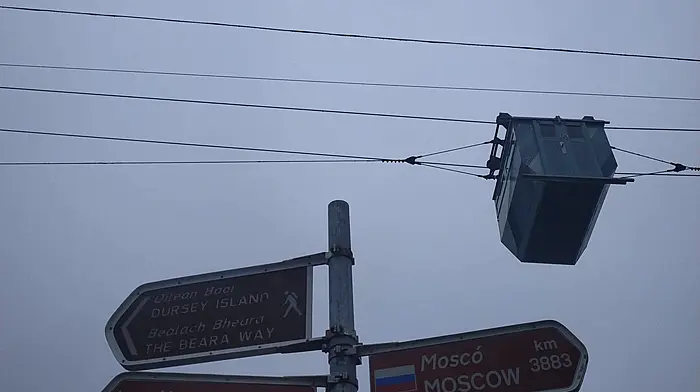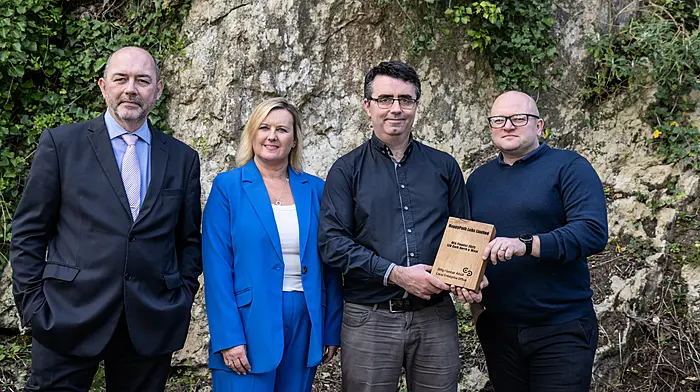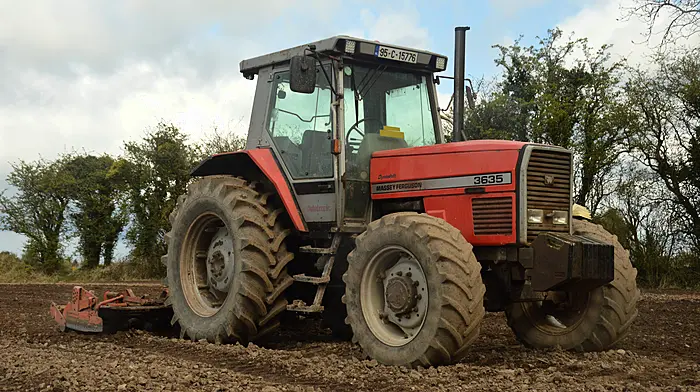THE notion of Michael Collins living to old age prompted one man to write a poem on the theme, entitled I met with Collins in the old days.
Peter Makem, from Newry wrote the poem about Collins as an old man being paid a visit by a stranger.
‘As Collins rests in his armchair staring out the window he is reminded of the far-off deeds when he was in his prime. But the vagaries of age, of lengthy years and loneliness have long since drained away the youthful certainties, the sense of purpose and bonds of brotherhood,’ said Peter.
‘He is reminded of how often he wished he had died at the zenith of his achievement in bringing the war of independence into the Truce and so joining the hero comrades of the preceding years.
‘Maybe age is an unnatural thing, he has thought, an aberration of existence with no purpose but age for the sake of age, and that it is anti-heroic.
‘He is reminded that his qualities of leadership could not have been made for such a drift, such a disintegration of great ideals into the mundane struggles of long life and age.
‘The stranger asserts to Collins that more and more he longs to be with those comrades who were of that order of things, that he was only made for the heroic.
‘The stranger reflects a special position he might have held in an afterlife, that of transforming into heroes all those innocent youths of the ages who had died in wars and conflicts not of their making,’ explained Peter.
I met with Collins in his old days
Moving in slow steps across the room.
I watched him lower into an armchair
And gather breath, and move a gaze,
And the clear eyes enter a settled stare.
It was late evening. Autumn had come,
Leaf by leaf outside on the windborne trek,
The bare sycamore, and the baring oak.
And there you are, I softly said.
My travel over now. My journey made.
I see you firm on the window scene
Where the early days make apparition,
The early days parade their promise,
That turn of head, the firm command, the rise
Of laughter at the end of day
Bring lofty purpose to a people’s journey.
And tell that of all who strode those times
You were the one whose countenance
And call aroused the ancient banquet
You the one to stir that old romance
Of ages full of deeds and rhymes,
The gentle way, the warrior poise and strut,
And meet the tear of Deirdre with a tear,
And meet the fiery eye of Finn with fire.
But then that rogue arrival. The entry
Of the reign of age. Now under its stare
Soul and body lapse into the disease,
Old clarities stall, they wilt and wither,
Old stirring ways empty in the dreary day
That nothing now heroic lives or dies,
A tune unknown in the early drafting,
A tune not natural to nature’s song.
But to have gone at the blessed hour.
Gone in the blinding dawn of the deed,
The point where the bud gives birth
To the blossom, to be of there,
The hollowed place where deed and death
Embrace. And you slowly raise your head.
And your eyes dampen. I watch a tear
Follow, anoint your cheek and disappear.
Now out of the hum of a gathered throng
I hear the clamor of your name. All those
Who followed the bugle of a cause,
The millions in their chorus – ‘Raise us! Raise us!
You fresh into your martyr bliss
Raise up our tragedy into song!’
And you inhale the vast beseeching storm.
And breathe out a healing breath upon them.
As one still in pining for a long parted
Lover, the distant years move ever closer.
Comrade after comrade, moving there,
Ever fresh of face, head by proud
Head, follow into your sleeping time.
And when the early hours come
Your watch begin, watch the twilight brighten,
Watch their golden chariots cross the dawn.
I’d better go. It will soon be dark.
The day is closing on the baring oak.
And there from a flame in the hearth fire
See sudden shades of features in your prime,
And age returning in the lowering flare,
And breathing rising as a rise of dream.
I’ll leave you there. I’ll gently close the door.
I’ll say good night to you.
And say no more.








